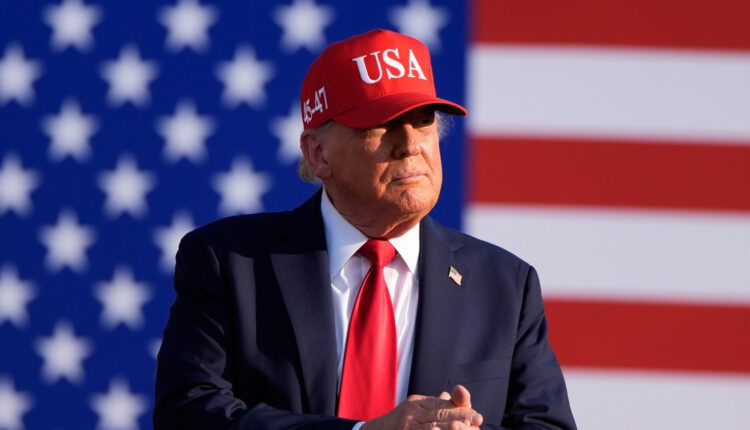
Elon Musk Opposes Trump’s ‘One Big Beautiful Bill Act’, Vows to Oust Supporters
TL/DR –
Elon Musk, the world’s richest man, opposed a bill that passed despite his efforts to convince lawmakers not to vote for it. Musk, who left the White House after heading Trump’s workforce reduction initiative, pledged to start a new party following the passage of the bill. The bill, referred to as the “One Big Beautiful Bill Act,” includes large tax cuts, reductions in social safety net programs, and is predicted to have significant impact on economic growth.
Elon Musk, the world’s richest man, emerged as a strong contender against the bill. After leaving his position in Trump’s administration, Musk criticized the bill and vowed to challenge those lawmakers who supported it despite their debt-reduction campaigns.
Musk announced on X his intention to ensure that those who voted for the bill will lose their primary next year.
Despite Musk’s influence, GOP lawmakers appeared more concerned with Trump’s displeasure. The final vote hinted Musk’s new party he intends to form following the bill’s approval.
The future of Trump’s party hinges on the impact of the “One Big Beautiful Bill Act” in the real world. This legislative achievement is directly associated with Trump due to the bill’s title.
Concerns arise over whether the bill will stimulate economic growth as Trump predicts, or if the reduction in social safety net will alienate blue-collar voters. These questions will be tested in the upcoming midterm elections.
Trump’s demands were sometimes contradicting. In a meeting with moderate Republicans, he instructed them not to touch Medicaid, even though the bill includes significant cuts to Medicaid to cover tax breaks.
GOP pollster, Whit Ayres, stated that Republicans need to build a strong case in favour of the bill.
Ayres also highlighted the challenge of explaining why the bill resulted in Medicaid cuts despite Trump’s previous statement against touching Medicaid.
A Republican senator, who wished to remain anonymous, expressed concern over Democrats outdoing Republicans in messaging about the bill.
Trump secured this significant legislative victory through intimidation and persuasion, threatening Republican lawmakers who defy his wishes with primary challenges.
After opposing the bill, Senator Thom Tillis, R-N.C., announced he will not seek re-election.
Trump, along with Vice President JD Vance, applied a traditional strategy to encourage members to vote in favour of the bill.
Trump dedicated a significant amount of time to persuade congressional holdouts, making late-night calls to lawmakers.
Trump and White House officials assured to implement key bill provisions including the phase-out of clean energy tax credits.
With the bill’s Senate prospects being uncertain, Vice President Vance was brought in to negotiate with Republican senators.
Vance focused his efforts on potential GOP holdouts, including key Senators like Mike Crapo of Idaho, who chairs the Finance Committee.
Vance remained in talks with House members till the final vote, with Senators constantly shuttling between the Senate floor and Vance’s office.
In successfully passing the bill, Trump has managed what other Republican presidents couldn’t. The effects of the bill will soon be experienced by voters, determining whether Trump’s promises are fulfilled.
\”The golden age is here!!!\” tweeted senior White House adviser Stephen Miller on X, echoing Trump’s inaugural speech.
—
Read More US Political News
